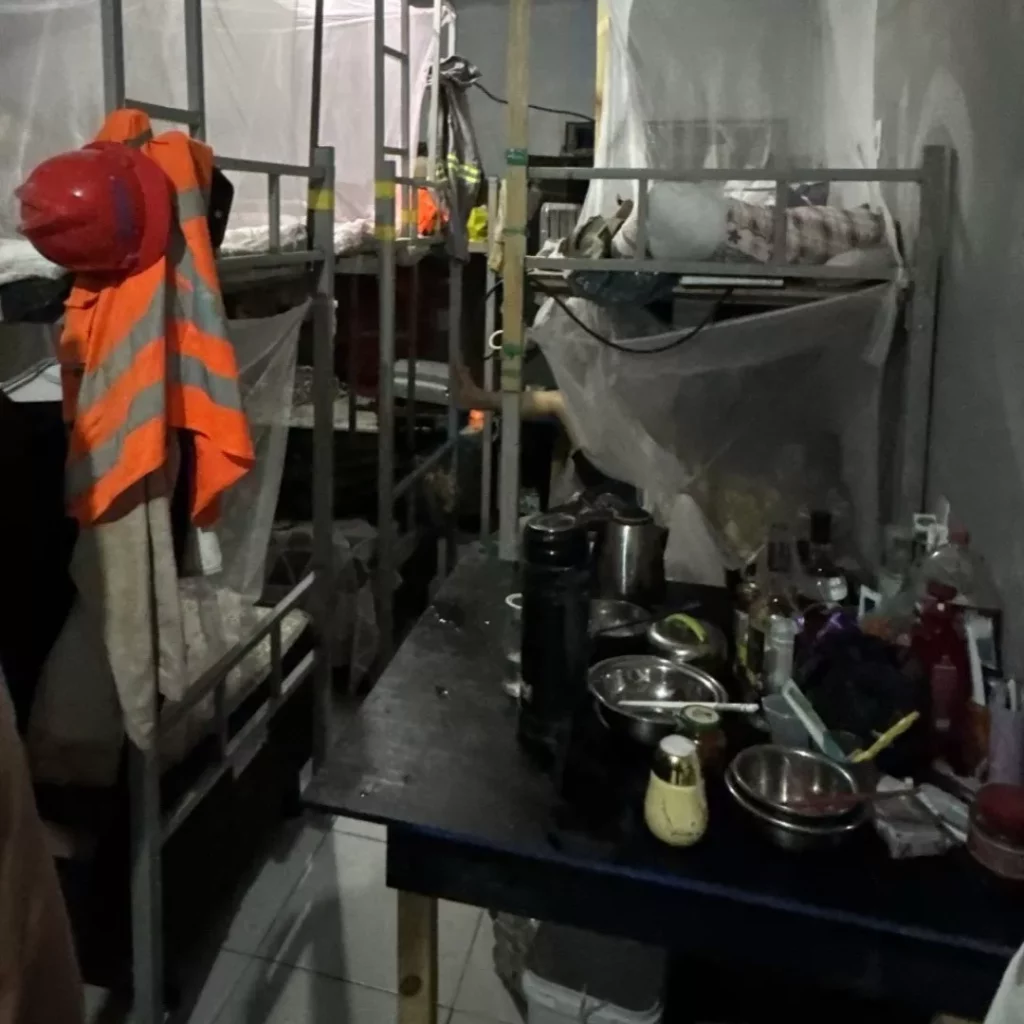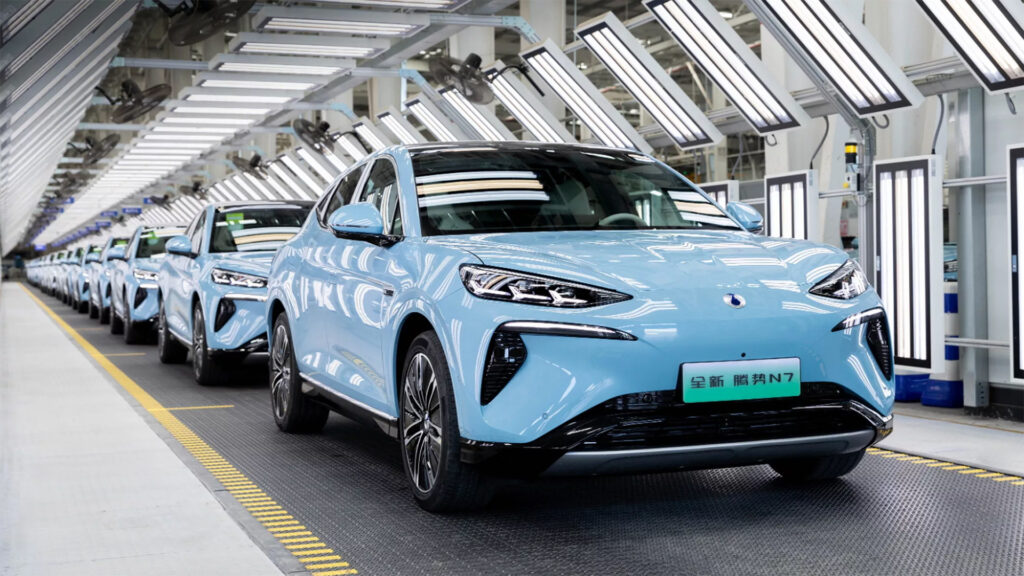- Approximately 500 Chinese workers have been brought to Brazil to build a local factory.
- Some of these workers were found to have been living in “slavery-like conditions”.
BYD’s ongoing troubles in Brazil show no signs of abating after a labor inspector revealed the carmaker brought in hundreds of Chinese workers to build a factory using irregular visas. This news comes shortly after an investigation led by labor authorities indicated workers were living in “slavery-like conditions,” promoting fierce rebukes from BYD and Jinjiang, the contractor at the center of the stir.
According to Liane Durao, a labor inspector for Brazil’s Ministry of Labor, the 163 workers hired by Jinjiang for the local BYD factory and rescued from living in indecent conditions, are leaving or have already left Brazil. She added that BYD would be fined for each employee found to have worked in the “irregular” arrangement, but didn’t say what the fines would amount to.
Read: Brazil Halts BYD Visas Over Alleged Slave-Like Conditions At Construction Site
Speaking with Reuters, Durao said that BYD has agreed to change the conditions of its employees working on building the factory. Approximately 500 workers were brought from China to Brazil. According to a source close to BYD, the carmaker was under the impression that work visas had been issued properly and that all employees had come to work voluntarily.
Soon after the scandal broke, BYD said it severed ties with Jinjiang. Representatives of the carmaker recently met with local labor authorities and contractors to speak about how to protect the rights of workers at the plant.

Labor inspectors found that 163 staff were housed in tightly packed dorms, did not have mattresses, and had to share just one toilet between 31 workers. They also had limited access to cooking facilities, and pots of prepared food were left in the open without refrigeration.
When asked about the situation in Brazil, China‘s foreign ministry spokesperson Guo Jiakun said the government requires Chinese-funded enterprises to operate in accordance with local laws and regulations.
BYD and Jinjiang denied the accusations and published a video that showed construction workers stating they “cherish” the work and wanted to stay at the site. No less than $620 million has been invested in the Brazilian factory. It will have the capacity to build 150,000 vehicles annually and is supposed to be up and running this year.




